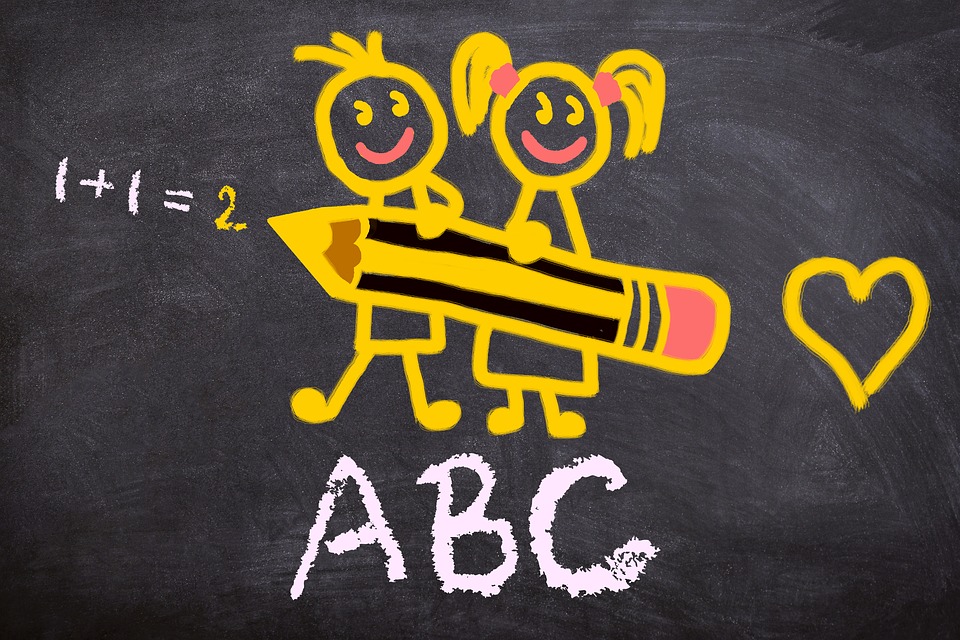Summer is a much needed break for children with ADHD. They can sleep in and go to bed more or less when they’d like. There’s plenty of time to play and make use of their energy. There’s no pressure from tests and grades. But summer break only lasts a couple months, and many children with ADHD look towards returning to school with deep-seated dread. Parents, too, may have a difficult adjustment getting back into the school year routine. Here are some of our tips for making the transition back to the school year easier for both child and parent:
Get Them Back on a Regular Sleep Schedule
During the summer, most kids stay up later and sleep in longer without having somewhere to be by 8am every morning. That’s fine for kids with ADHD, but it’s especially important to get them back on a normal sleep schedule in time for school. The best practice is to gradually set bedtime earlier starting a couple weeks before school. By the time school is back in session, your child should be back to their normal sleep schedule for the school year. They might still struggle to focus even with a full night’s rest, but their ADHD symptoms will be much worse when paired with sleep deprivation.
Set a Structure for Studying
If you have a child with ADHD, obviously the most pressing academic struggle for them will be the ability to focus. It’s difficult to focus in class, surrounded by so many other students, noises, and new routines. Even in study hall, kids with ADHD may struggle to get any work finished because there are so many distractions. At home, there should be a clear routine. Your child should know when to study and where they’ll study. Find or create a quiet study area with minimal distractions. After they’ve finished their homework, they can watch TV for an hour or play a game. Do the same thing each day to provide consistency.
Balanced Meals
What we eat affects us all throughout the day, and this is especially true of kids with ADHD. Balanced meals of fruits, vegetables, carbohydrates, and protein, help kids with ADHD keep their symptoms under control and focus on their classes and tasks.¹ On the other hand, an excess of sugar will increase hyperactivity. As always, breakfast is the most important meal of the day. Studies show that kids with ADHD who ate breakfast every day showed fewer behavioral problems, higher math and reading scores and struggled less with depression and anxiety.²
Keep a Planner
Structure is vital to kids who have ADHD. School can be overwhelming even if you don’t have a neurobehavioral disorder that affects your ability to pay attention. Because of this, a thorough planner can be your child’s best friend. They can keep track of all of their due dates and test dates. As a parent, review the planner with them at the end of the day to keep upcoming dates fresh in their mind.
Celebrate Success
For kids with ADHD, school will always be harder, so it’s especially important to celebrate their successes. If they passed a test in their most difficult class, that’s a win. If they finished their homework an hour earlier than usual, that’s a win. And of course, scoring an A on a big test or their report card should be celebrated. Reward the small things as well as the big things. For kids with ADHD, it’s easy to slip into anxiety and depression when they become discouraged. Expect your child to do the best that they can, and let them know how proud you are when they do.
Talk to Their Teacher
You can do everything possible to create a good study environment at home, but it’s the teachers who will look after your child for the majority of the day. They need to know everything about your child’s learning difficulties as well as their strengths so they can help them to thrive in the classroom. If your child has a new teacher or multiple new teachers for the year, meet with each of them. Tell them about your child, about ADHD, and about what learning practices have worked best in the past.
Use What Methods Usually Work
If this isn’t your child’s first school year, you probably know what works best for them and what doesn’t work. There’s no need to set up a whole new system for the sake of it if the system you’ve been using works just fine. No one knows your child or their ADHD as well as you do. If you have some doubts about methods you’ve used in the past, reach out to a neurobehavioral expert about the best practices for heading back to school with ADHD.

